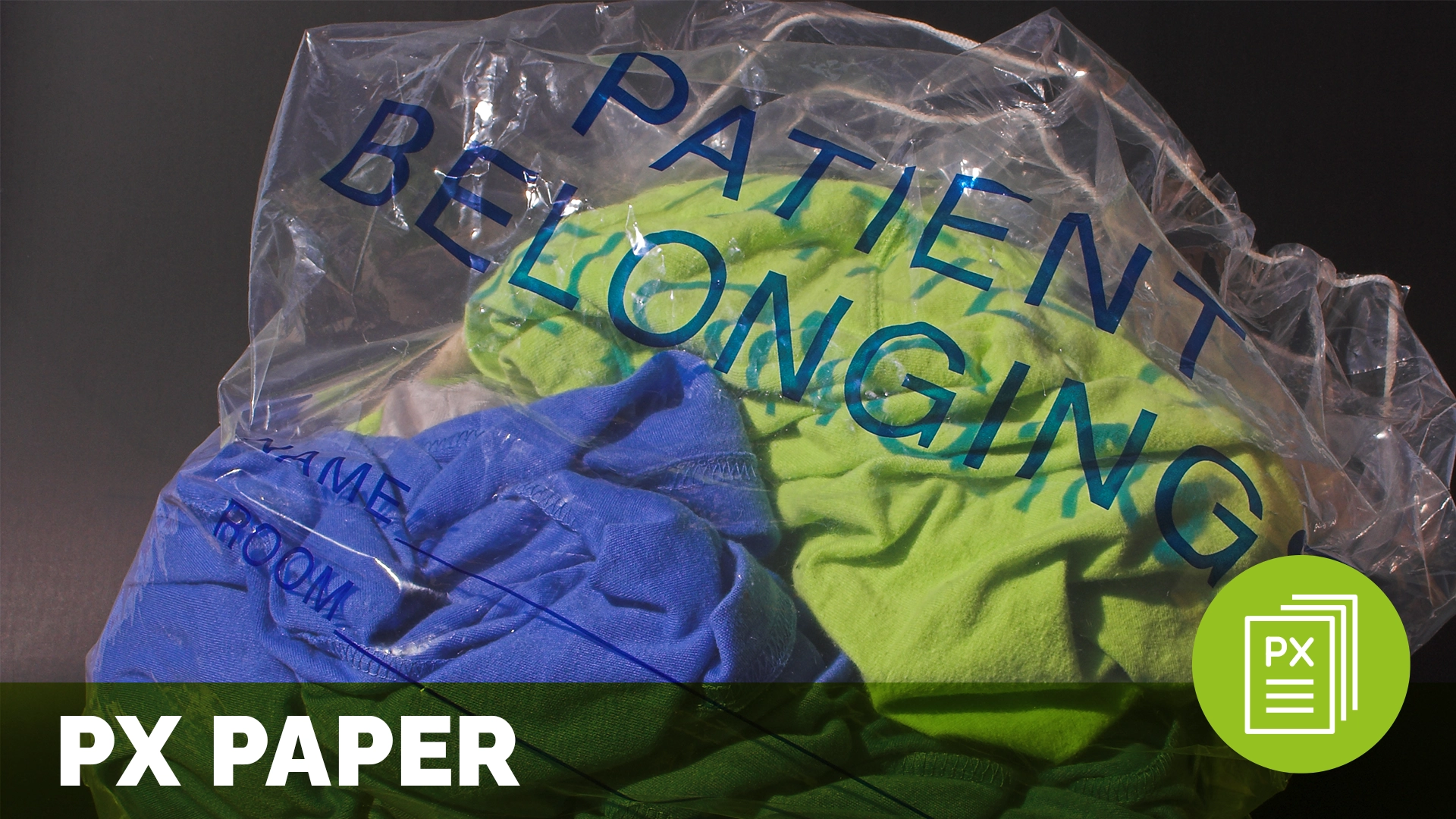Where Are My Things? Best Practices for Safeguarding Patient Belongings in Hospitals

Managing patient belongings is a challenge for almost all hospitals. Losing a patient’s belongings has a financial impact on the institution and an emotional impact on patients and families. “Where are my things?” shares a collection of best practices for managing personal belongings in hospitals and transforming the human experience in healthcare.
Related content
-
 Innovation & Technology | Patient Family & Community Engagement
Innovation & Technology | Patient Family & Community EngagementWhat’s Your ETA for Improved PX? Best Practices from Emory Healthcare
When patient experience (PX) is an organizational priority, how you get there matters. Five years ago, Emory Healthcare piloted a mobile app to guide patients through their emergency department (ED) visit. Now, over 60% of their ED patients use it to view personalized wait time estimates, see the status of their test orders and results,
Learn more -
 Patient Family & Community Engagement | Staff & Provider Engagement
Patient Family & Community Engagement | Staff & Provider EngagementThe Importance of Emotional Intelligence in Patient Relations (Part 2)
The Patient Relations department assesses and resolves complex patient issues related to customer service, billing, and patient care daily by researching errors and patient issues and finding the proper solution to satisfy the needs of the patient and their care partners. Individuals possessing a high emotional intelligence (EI) quotient can use their emotions as a
Learn more -
 Patient Family & Community Engagement
Patient Family & Community EngagementA Passage of Advocacy and Listening: How My Name and Experiences Shaped My Purpose in Healthcare
By Typhany Morrison-Brooks I was born Madelyn Morrison without a middle name because my mother wanted me to have the space to choose one someday. I arrived a couple of months early, weighing just 4 pounds. They had already picked “Madelyn” for me, but as I lay in the incubator, I flipped myself over, earning
Learn more
